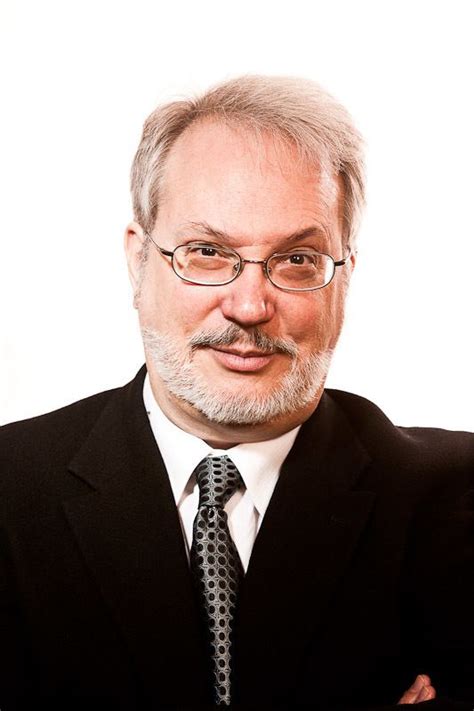A Quote by Mark Fuhrman
I know that on LAPD they have used psychics. They used it on the Hillside strangler case. I'm not sure on the Richard Ramirez case. I can't say one thing or another about it. I've read about it. I really don't have a lot to say about if it works or if it doesn't.
Related Quotes
You must be Warden Ramirez." This is the part where I got nervous. Ramirez loved women. Ramirez never shut up about women. Well, he never shut up about anything in general, but he'd go on and on about various conquests and feats of sexual athleticism and— "A virgin?" Lara blurted. Lara blurted. She turned her head to me, grey eyes several shades paler than they had been, and very wide. "Really, Harry, I'm not sure what to say. Is he a present?
Avoid stock expressions (like the plague, as William Safire used to say) and repetitions. Don't say that as a boy your grandmother used to read to you, unless at that stage of her life she really was a boy, in which case you have probably thrown away a better intro. If something is worth hearing or listening to, it's very probably worth reading. So, this above all: Find your own voice.
When I used to say I wanted to play at Wimbledon, they used to laugh in my face and say, 'What are you talking about, you're from Hyderabad, and you're supposed to... cook.' That's one of the notions that people have in this side of the world - it is our 'culture', within quotes, you know, to say what a woman can or cannot do.
When people say stuff to us casually in reviews, if they write about it in a condescending way with really gendered language, that's not really about me. It used to hurt my feelings more than it does now. That's not about us as a band or me as a person. That's about how you feel about women, and that's a societal thing.
If you go to a therapist, they say, 'Are you sure? How do you feel about your wrinkles?' And I say, 'I don't know, because I don't really see them.' I see my hands, but I don't see my face, so it's not a torment. I only see it for five minutes in the morning when I brush my teeth! When you read women's magazines you always read about this drama of getting old, about anti-aging cream and plastic surgery and whatever else. But I think if you're independent, like I have grown to be, it's welcome.
The intelligence community, in particular the FBI, have been sounding alarms about this for more than a year. So to argue that suddenly we have to do this because of the San Bernardino case doesn't really pass the straight-face test. I mean, they've been talking about this. And to say, well, it will only apply to this case, that just - that doesn't wash. This is a major piece of public policy.
Naturally my stories are about women - I'm a woman. I don't know what the term is for men who write mostly about men. I'm not always sure what is meant by "feminist." In the beginning I used to say, well, of course I'm a feminist. But if it means that I follow a kind of feminist theory, or know anything about it, then I'm not. I think I'm a feminist as far as thinking that the experience of women is important. That is really the basis of feminism.
Naturally, my stories are about women - I'm a woman. I don't know what the term is for men who write mostly about men. I'm not always sure what is meant by 'feminist.' In the beginning, I used to say, 'Well, of course I'm a feminist.' But if it means that I follow a kind of feminist theory, or know anything about it, then I'm not.



































